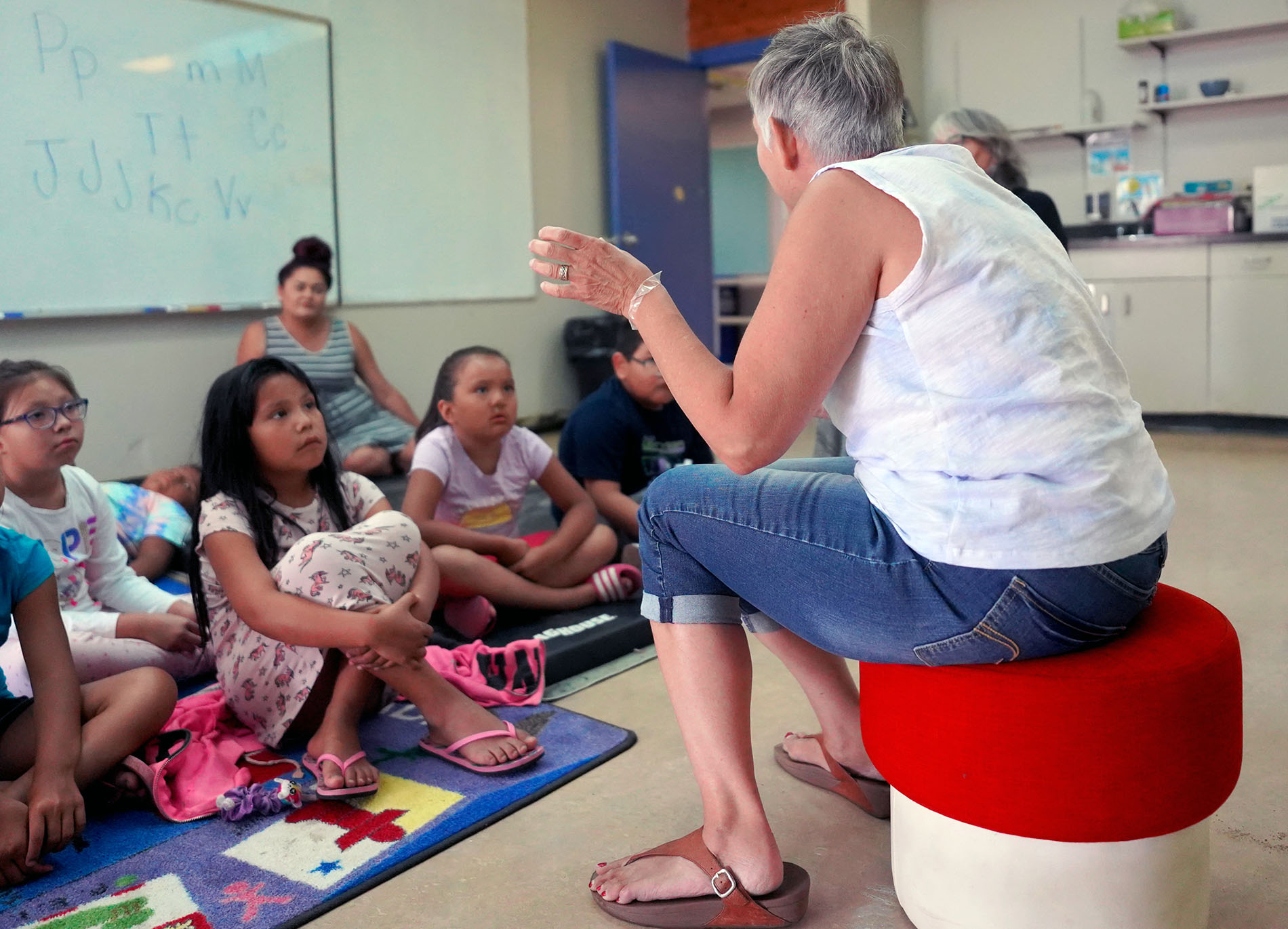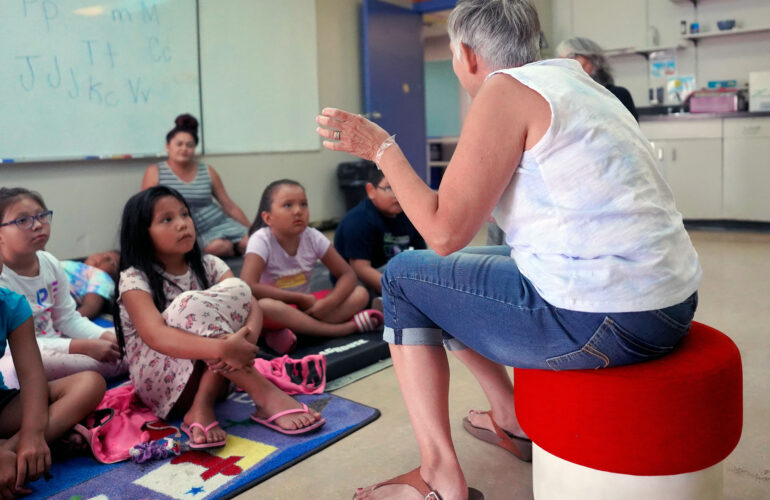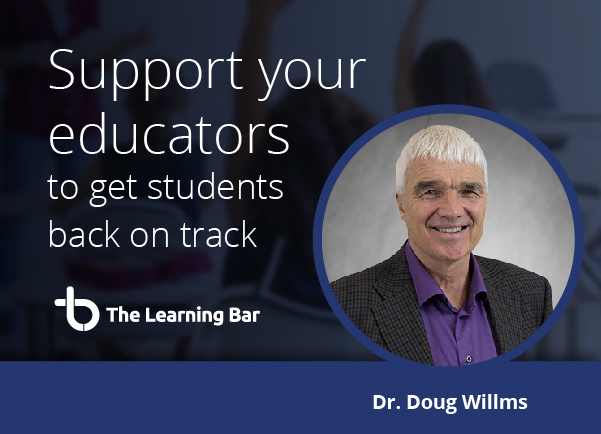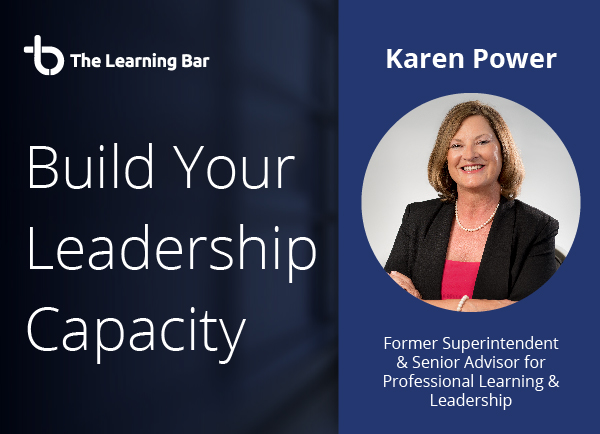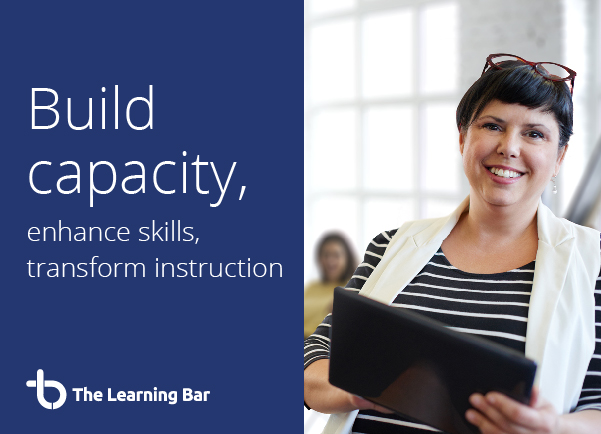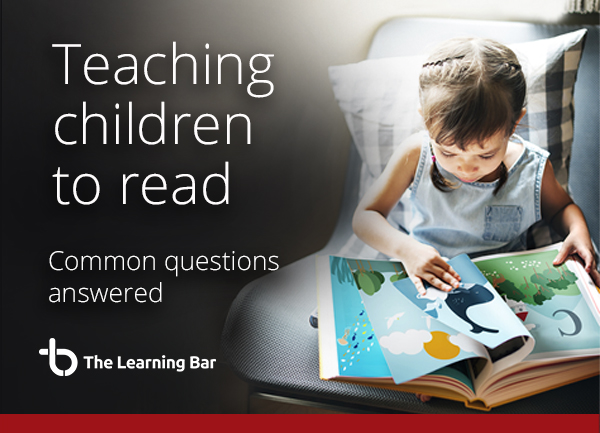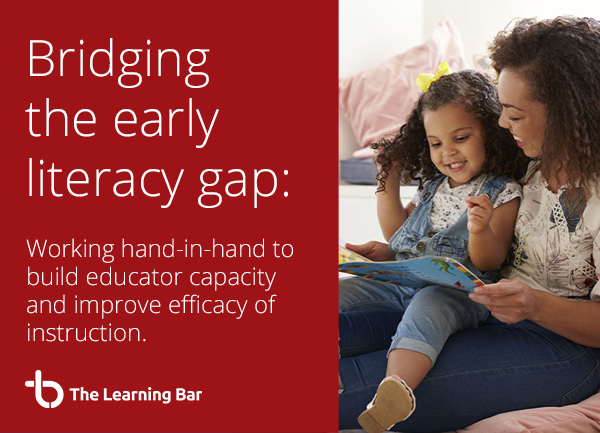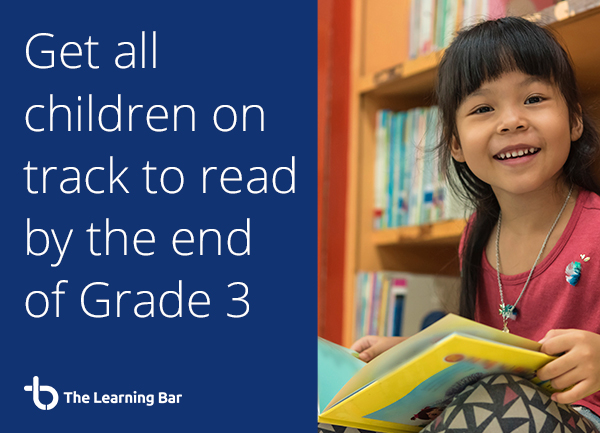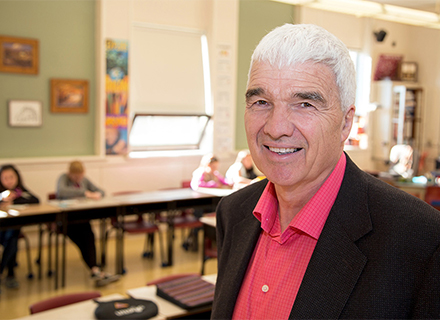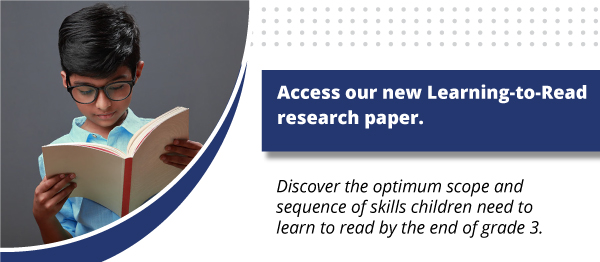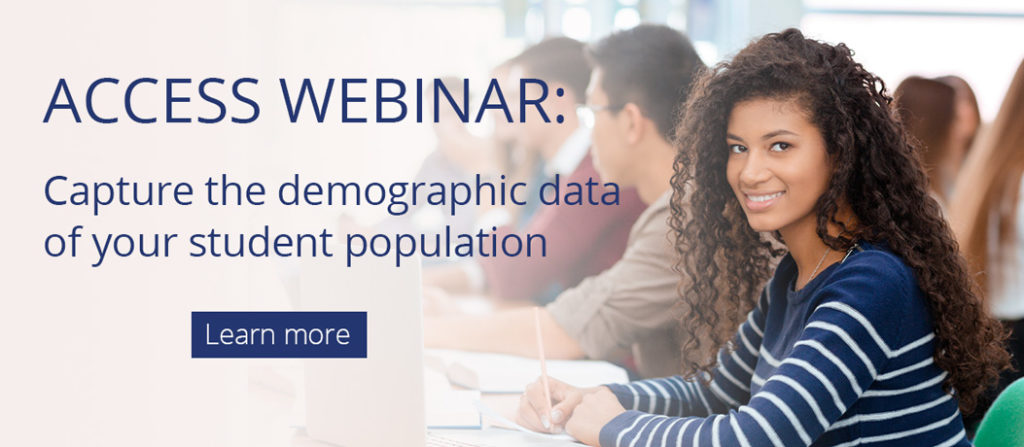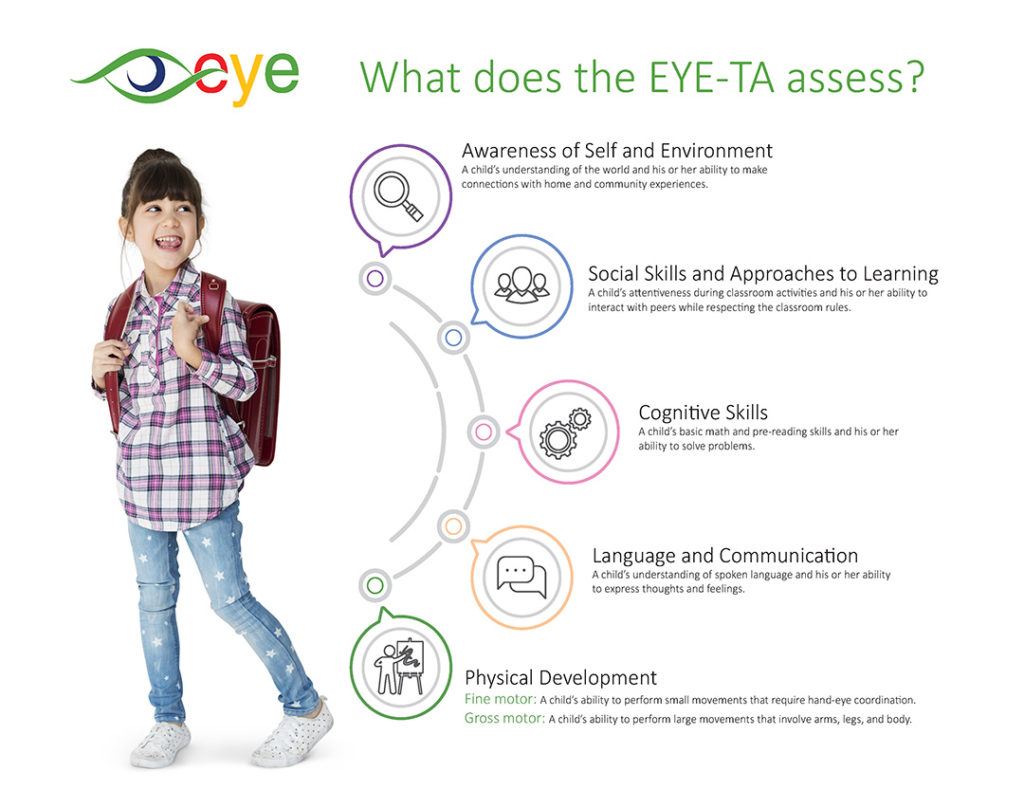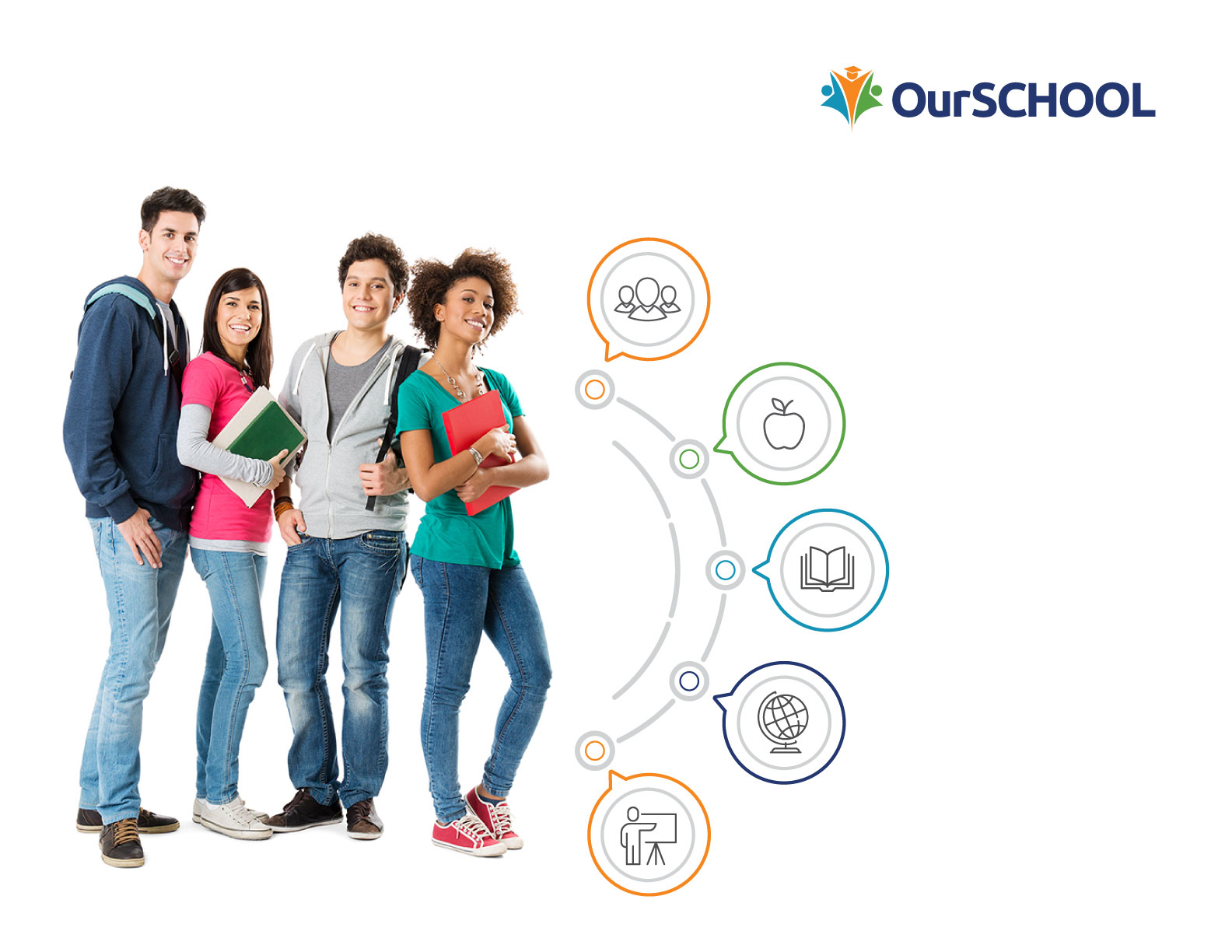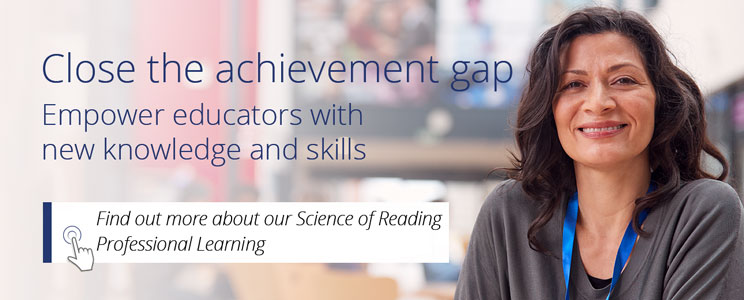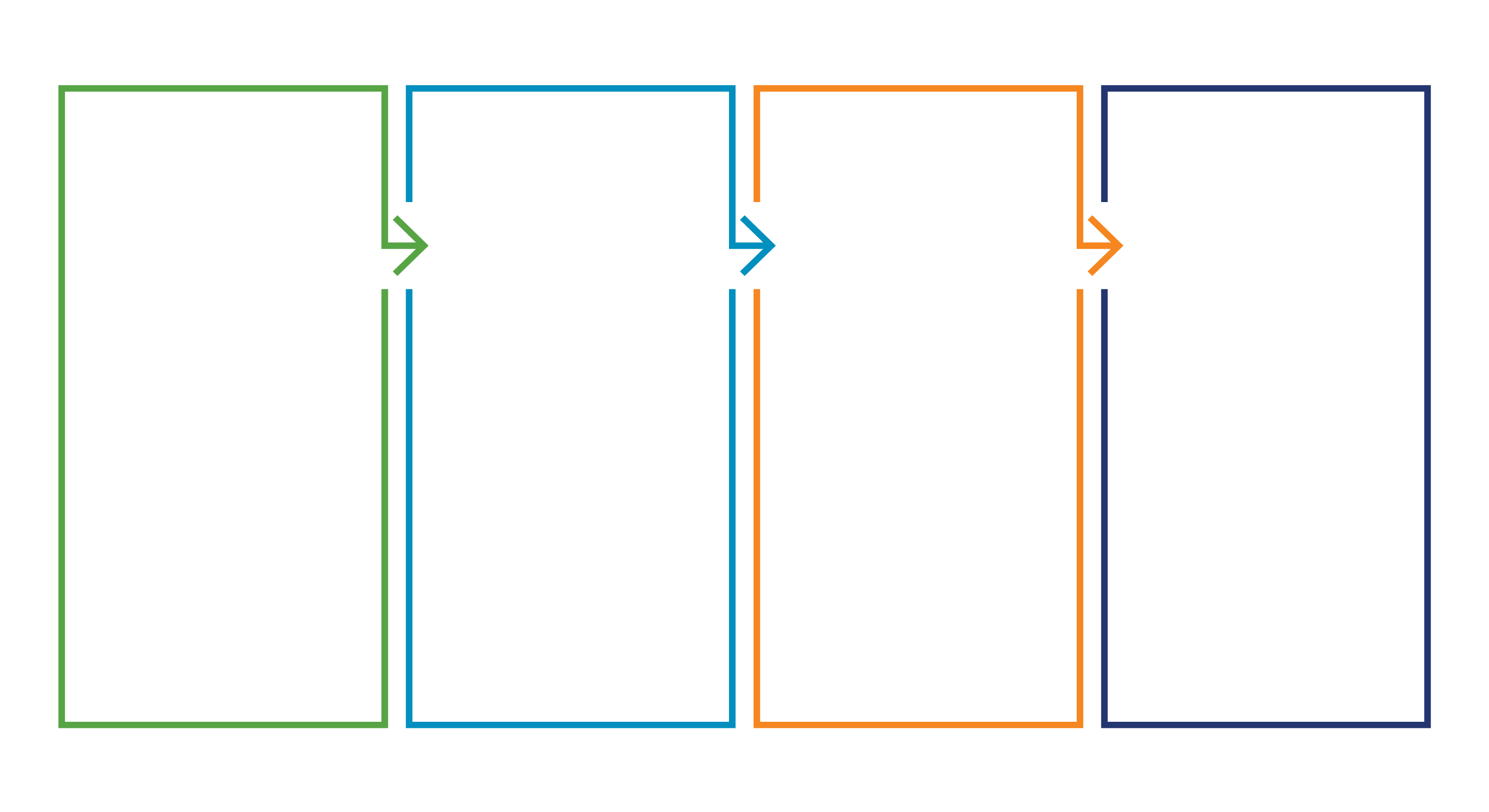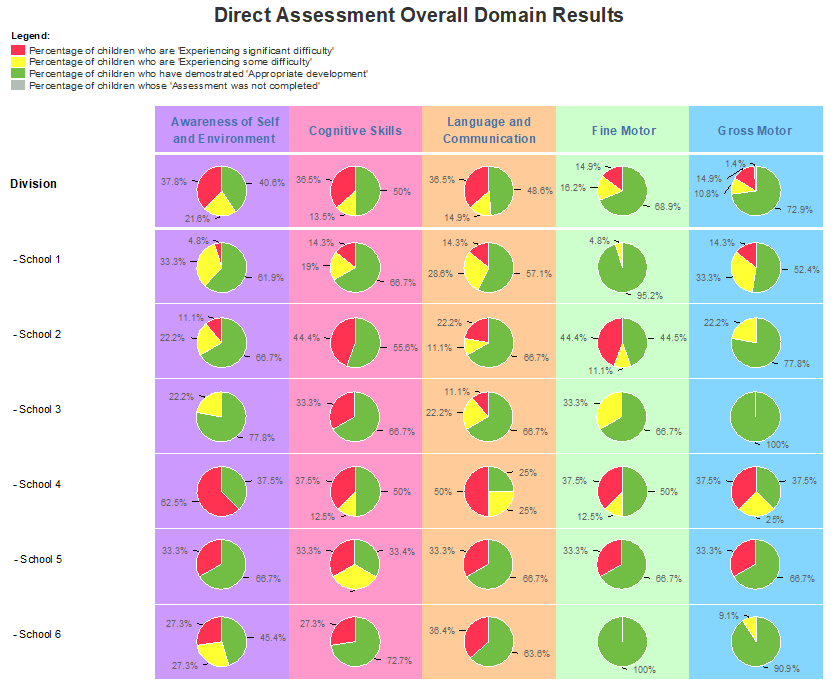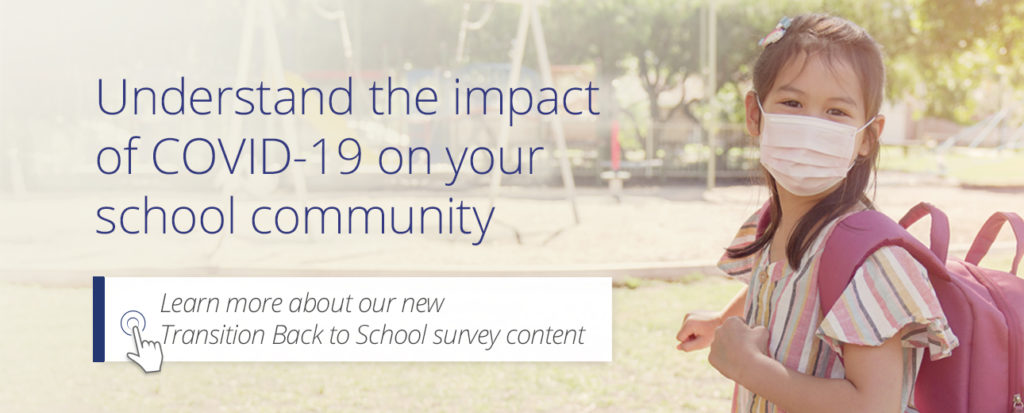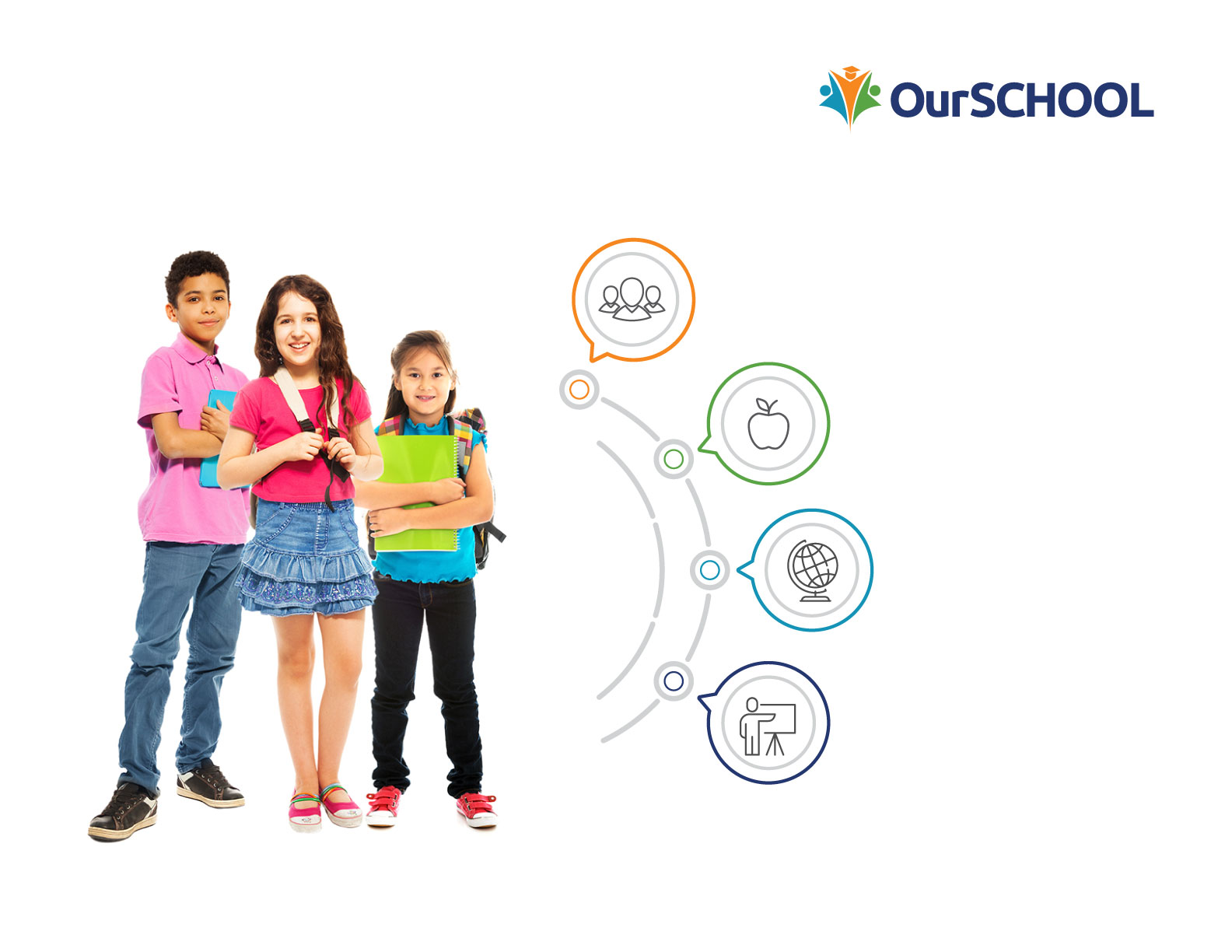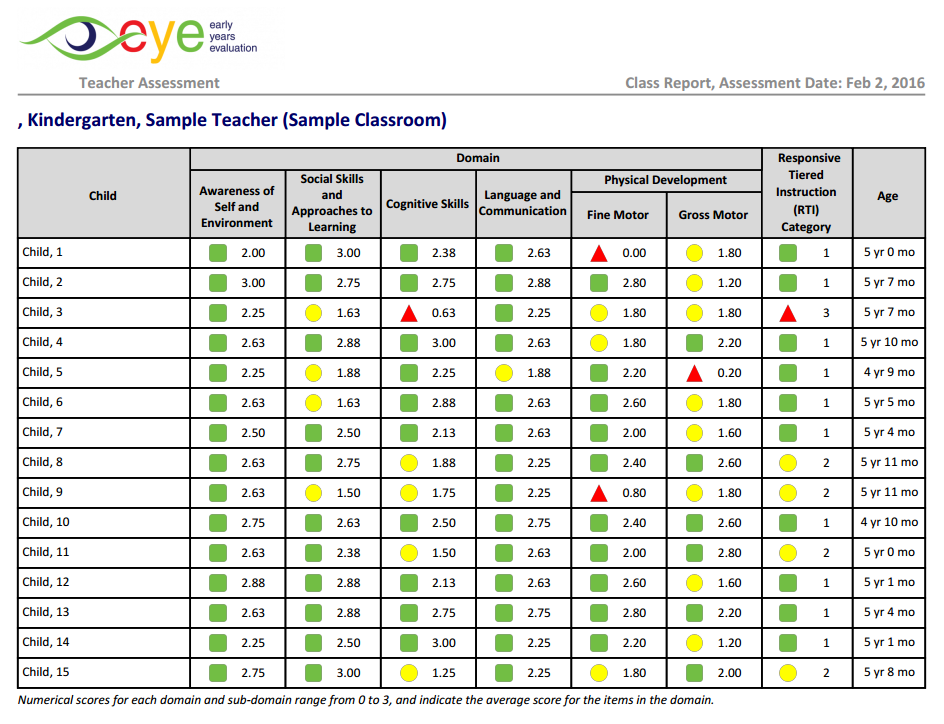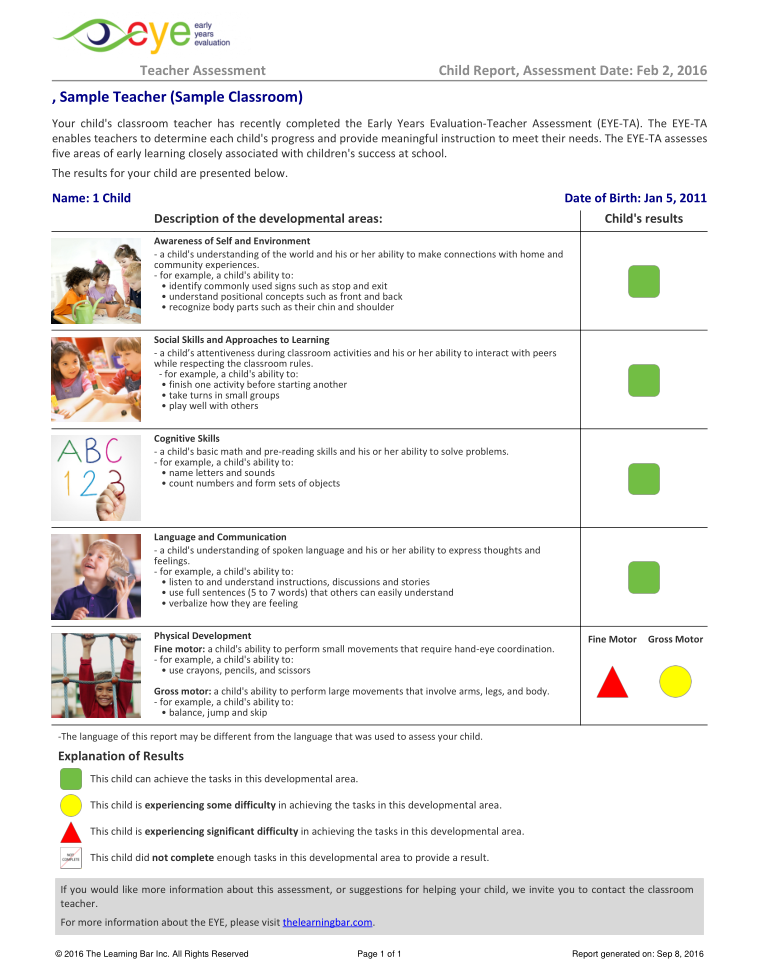Opinion: Published in Toronto Star, 29 April, 2022
Many Canadian children struggle learning to read. We can do more to help them | The Star
We are failing our students. Despite living in one of the wealthiest countries in the world, at least one-quarter of our children are struggling and vulnerable because they cannot read by Grade 3, a particularly critical stage in education when children move from “learning to read” to “reading to learn.”
Shockingly, this has been the situation for over 20 years as Canadian literacy rates remain stagnant.
Most students who are struggling readers at the end of primary school continue to have learning problems into lower and senior secondary school and fall further and further behind. They are also prone to engaging in a range of risky behaviours, having low self-esteem, and experiencing anxiety and depression. Students who do not learn to read proficiently by the end of the third grade are less likely to graduate from secondary school.
Enter the pandemic, and its associated disruptions, including long absences from the classroom, and the question becomes: Has the pandemic made our children even more vulnerable?
Yes. We believe it has.
Although there is currently little data as to how the pandemic is affecting children and learning, preliminary information from the Toronto District School Board revealed a nine-percentage point drop in Grade 1 student reading levels for those learning online, and a three-percentage point drop for those learning in person.
Clearly, we need to look at our approach to how we are teaching kids to read in kindergarten to Grade 3. We need a new plan to help our students recover from the pandemic or they, and we as a country, will continue to fall behind.
The recently released Right to Read report from the Ontario Human Rights Commission, initiated in pre-COVID times, was deeply critical of the way in which reading is taught in the elementary school system. The comprehensive report includes 157 recommendations to effect change.
It calls for a phonics-based approach, based on the science of reading, to instruction in which children sound out words rather than the current approach, “three-cuing,” in which students learn to read, mostly, by looking at pictures and guessing the word. It is the right call and is evidence-based.
The so-called “reading wars” – phonics versus “three-cuing” – have been fought for at least 50 years. It’s time for a truce. It’s time to develop a new plan. Let’s change our focus to phonics and support our teachers and school principals to help them adopt a new way of teaching reading.
But transforming schools requires more than a government edict. It requires a concerted effort by educational leaders to change the organizational practices of schools and strengthen teacher capacity. It requires the ongoing support of teachers to adopt new approaches of teaching and learning.
School districts that have embarked on large-scale programs to transform their schools have found that it usually takes three to five years. Transforming schools requires a singular focus on literacy skills during the elementary school years. Teachers need to be involved in the change process, and superintendents and principals need to drive that change. Students learn at a faster pace when parents and caregivers are engaged in their children’s literacy development.
A realistic and attainable goal is to reduce levels of childhood vulnerability in Canada from the current level of about 30 per cent to 20 per cent in five years.
The Ontario Human Rights Commission’s inquiry “is not just about an equal right to read – it is about an equal right to a future.”
The Right to Read report has set the right course for change.
And COVID has given us this moment. Let’s not waste it.
Doug Willms is the Founder and President of The Learning Bar Inc. and professor emeritus at the University of New Brunswick. Since receiving his Ph.D. from Stanford in 1983, he has published over three hundred research articles and monographs pertaining to educational reforms.
